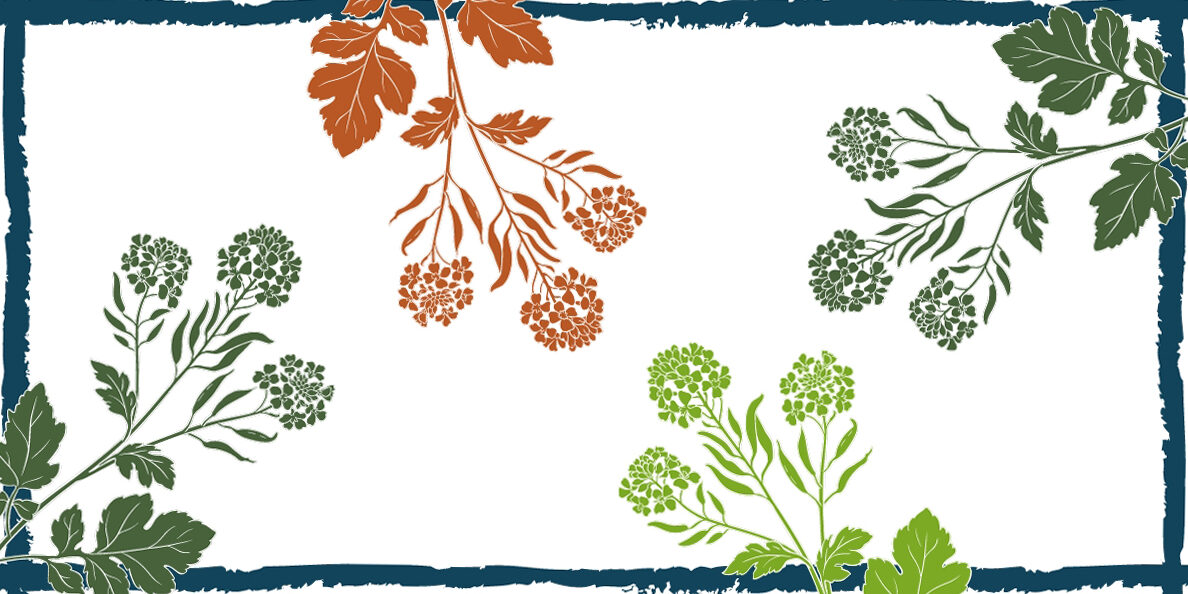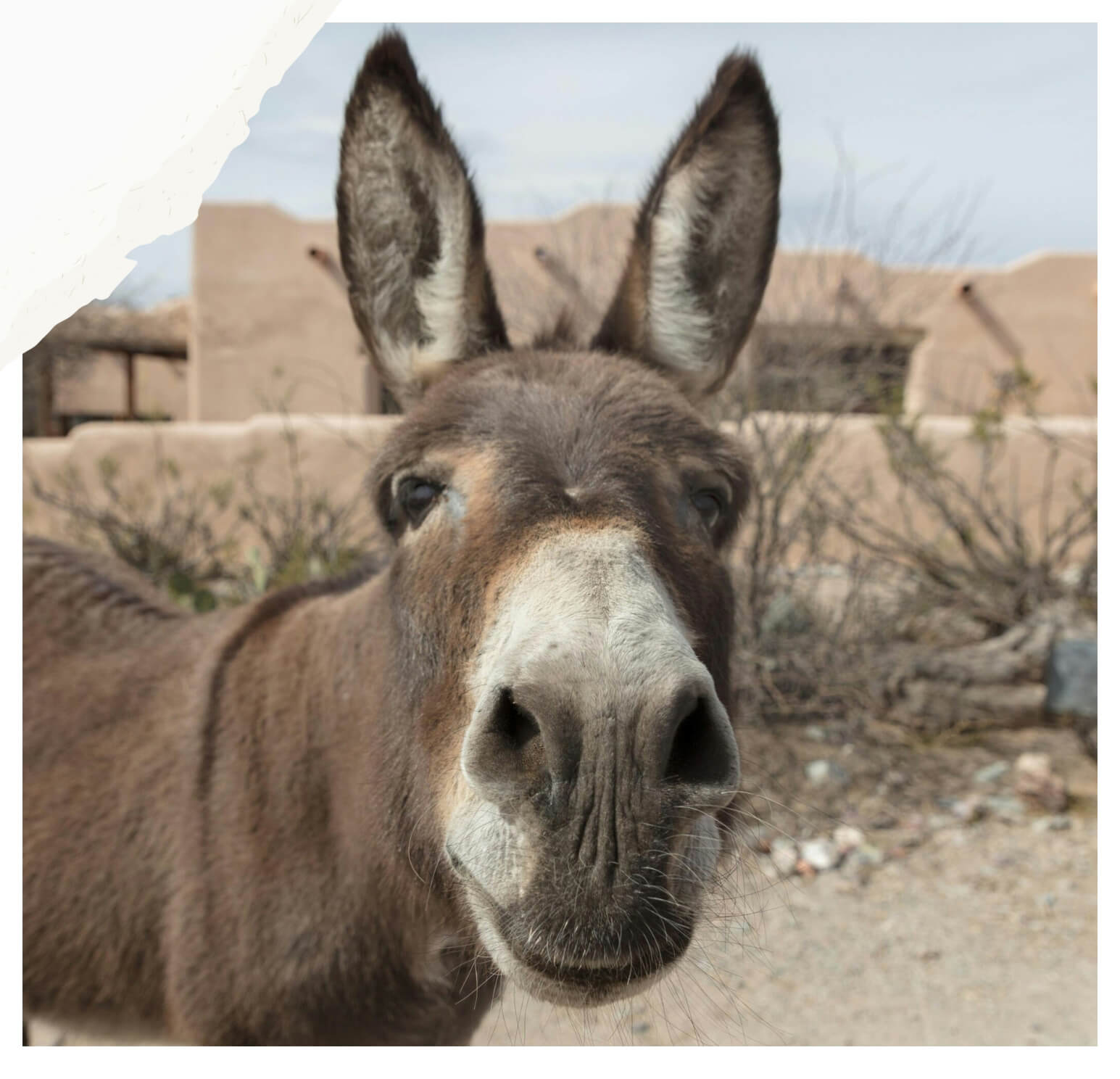God’s providence
Welcoming the Unexpected
There is a boy singing with the most amazing voice. That isn’t how I was going to begin this blog, but let me tell you, if you were here and could hear his voice, that’s all you’d be able to say too. I wasn’t listening to the intro, so I didn’t catch his name, but…
Speed Reading
At any given moment, I have a stack of at least a dozen books that I am reading concurrently. Some end up taking me months to read; others ensnare me and I finish them in days. But always there is this stack, beckoning me. I listen to books on CD in the car and around…
Clean T-Shirt
There are some who do not understand the appeal of camping. “How is that a vacation?” They want to know. Cooking in primitive conditions, swatting mosquitos, trudging through the elements… “Doesn’t sound like a vacation to me,” they say. Their logic is hard to argue, but I just can’t help it. I love to camp. …
Tower of Babel
I was sitting in the Moscow airport when I heard it. After four days in Russia, I had managed to increase my Russian vocabulary by 400%. From zero words to four: tea, thank you, no, yes. In that order, apparently the four most critical words for a traveller to Moscow. Or at least the four…
Bird Talk
Sometimes God speaks to me through birds. I don’t mean in some mystical fashion. A brilliantly plumed creature has never perched upon my shoulder and shouted prophesies. But on more than one occasion, I have felt the nearness of God when looking upon one of his feathered creations. There was a time several years ago…
Give it to God
Do you know what I love most about the story of Jesus feeding the five thousand? I love the boy with the fish. We know this story so well. We know how crowds of men, women, and children followed Jesus until he stopped to speak with them. We know how the day grew late, the…
Start With What You Have
As I think about this month’s article, three interrelated Bible stories keep crowding around in my head: Elijah visiting the widow (1 Kings 17), Jesus feeding the 5000 (Mark 6:30-44), and the parable of the talents (Matthew 25:14-28). These are important stories for anytime, but perhaps even more so for this annual season of reflection…
- « Previous
- 1
- 2

Search the Blog
Categories
Join the email list to receive the latest post and occasional exclusives

Meet Janet!
Janet Beagle, PhD is the founder of The Mustard Patch. She divides her time between the Midwest and New England, and if she’s not writing, she’s probably out hiking with her 2-and 4-footed friends.








